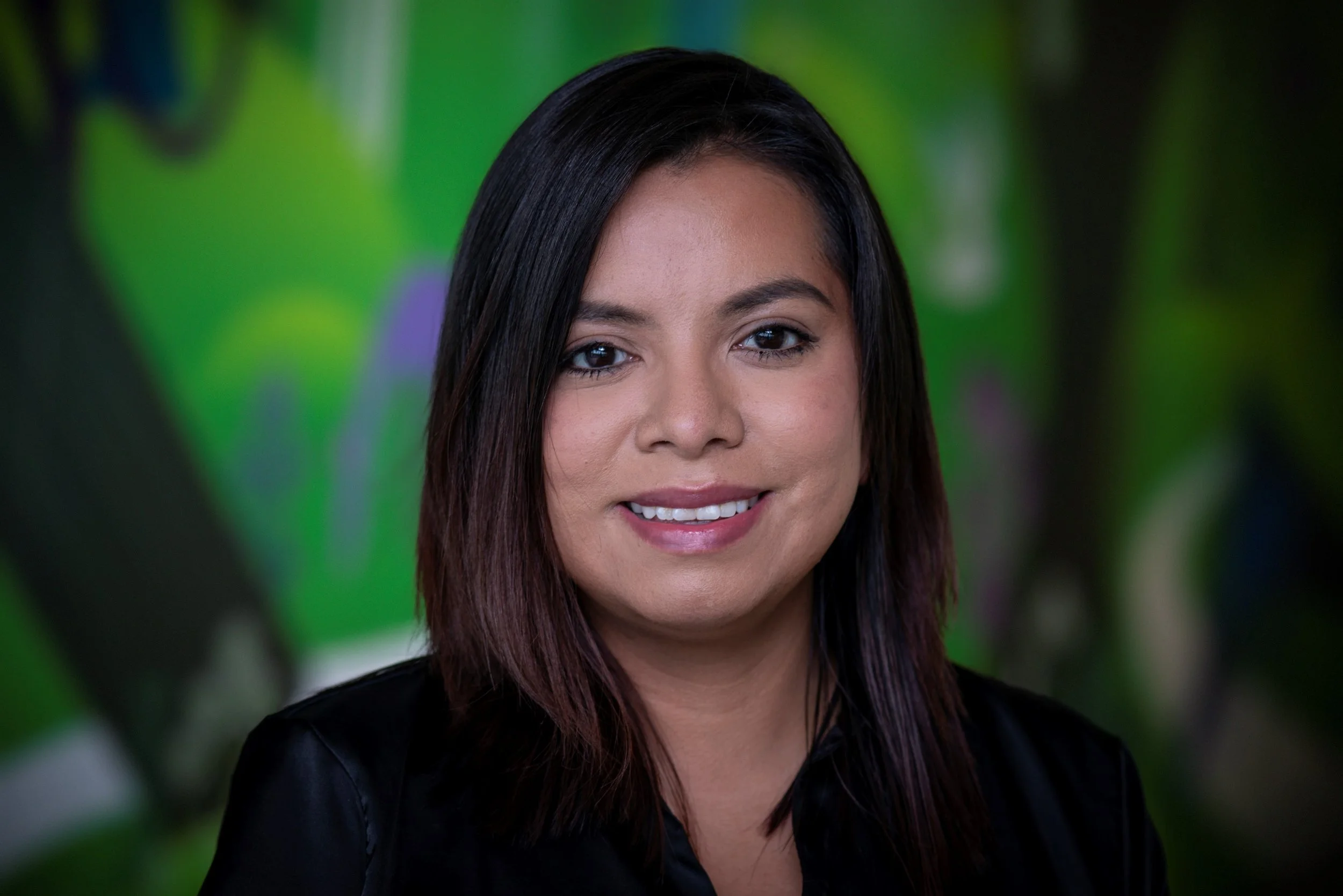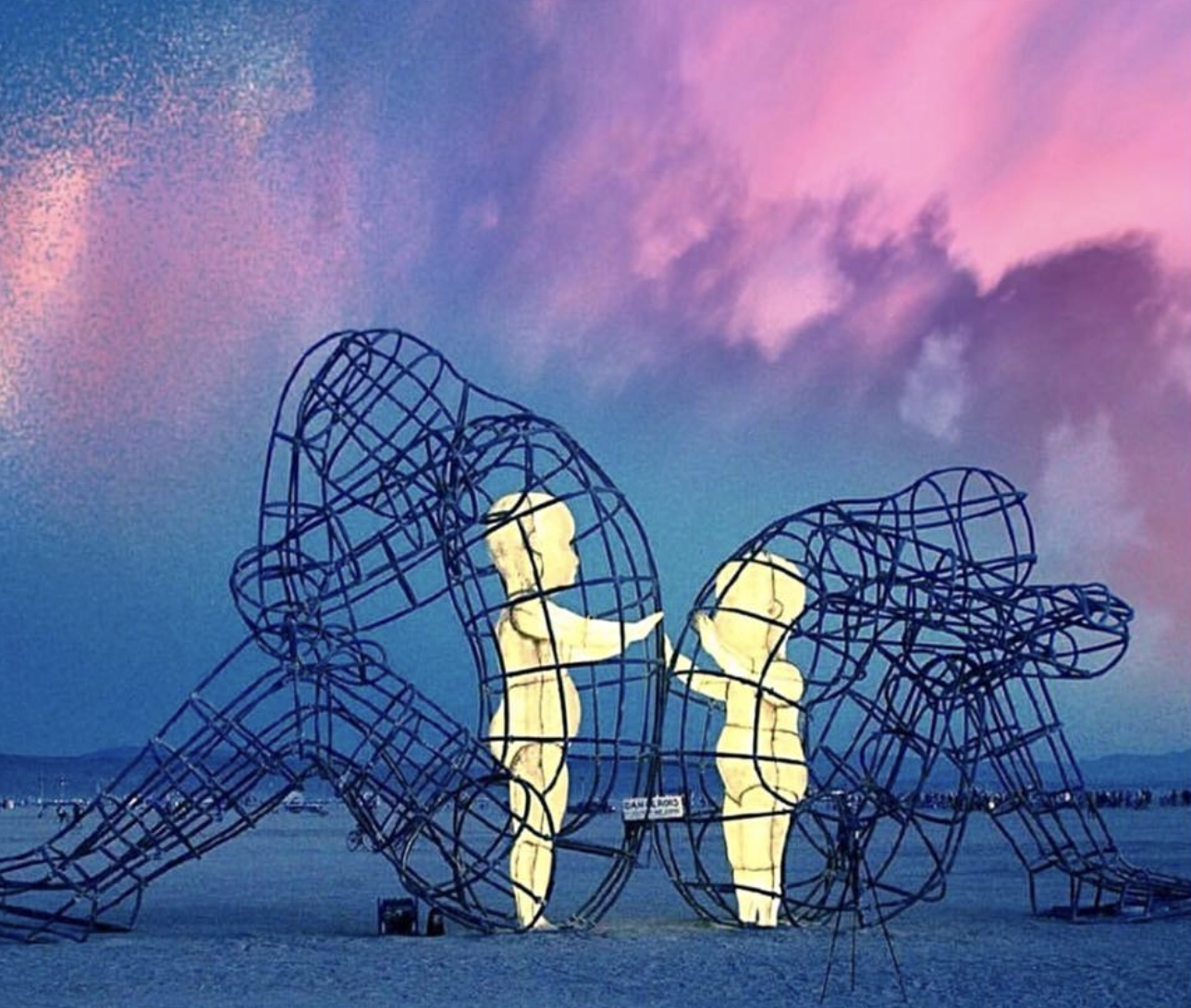
“Our deepest human need is to be seen by other people, to really be seen and known by someone else”
-Brené Brown
About Me
My name is Marlene - welcome!
A little about me: I received a Bachelor of Science in Psychology and a minor in Theological Studies from Seattle University. My personal healing and faith journey led me to a Master in Counseling Psychology from The Seattle School of Theology and Psychology, with a Concentration in Trauma and Abuse. The Allender Center trauma concentration means I gained a deeper understanding of the impact and gifting of my particular story; consequently, when I know myself more, I am more attuned to others’ nuance and how others’ personhood and identity formation may be shaped by family, culture, gender, and socioeconomic experiences, as well as psychological and psychosomatic aspects.
As a trauma-informed and first generation psychotherapist, I provide up-to-date evidence based treatment, primarily taking from Cognitive Behavior Therapy, Attachment Based Therapy, Emotionally Focused Therapy and Internal Family Systems.
Research shows one of the most important factors in effective therapy is the client-therapist relationship. As someone who struggled with mental health myself, I understand life is hard. Therapy can be scary. And I value providing effective and evidence-based therapy that is also compassionate and empathic.
1 in 3 Americans experiences loneliness every week and we are in a loneliness epidemic. Living in disconnection we are faced with shame, guilt, perfectionism, overthinking, insecurities and a perceived low sense of worth - all signaling to deeper thoughts and beliefs about our identity and our being. Coping mechanisms say we need to push through, to ignore the thoughts and emotions, and to work harder. This can lead to further disconnection, isolation and suffering.
Instead, it is my belief that these painful places are the holy places that open us to change and transformation. Can we be curious and open to wonder how our childhoods, our families of origin, and our styles of relating may be informing our thoughts, emotions and behaviors? And how can we transform them to more generative and meaningful lives? When we are able to notice, name and nurture these painful sacred places, we begin to invite Light and move further towards healing, freedom and flourishing.



